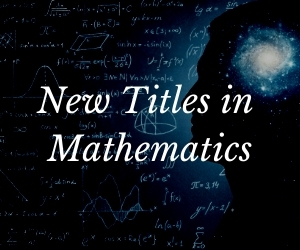System Upgrade on Tue, May 28th, 2024 at 2am (EDT)
Existing users will be able to log into the site and access content. However, E-commerce and registration of new users may not be available for up to 12 hours.For online purchase, please visit us again. Contact us at customercare@wspc.com for any enquiries.
This book deals with two main topics. The first is a theory that aims to unify the many interpretations of probability presented in the literature. The second uses this comprehensive theory of probability to answer the questions of quantum mechanics that have long been debated. The entire book proposes original solutions that several experimental cases substantiate.
Sample Chapter(s)
Introduction
Chapter 1: Pascal's Manifesto
Contents:
- About the Author
- About the Book
- Abbreviations and Acronyms
- Introduction
- What Went Wrong in Probability Theory?:
- Pascal's Manifesto
- Easy to Use, Namely Substantially Knotty
- Influential Writers
- What Probability Assesses
- Repercussions From the Missing Comprehensive Theory
- Toward a Comprehensive Framework:
- Discussing a Viable Road
- Elements of a Structural Theory
- Fields of Application
- Completing the Description of Events
- Measuring the Events
- Formulas to be Proven
- How to Test Probability
- Consequence of Probability Testing
- How Discrepant Features Cohabit
- Conditional Probability
- Probability and Physics:
- The Behaviors of Material Outcomes
- An Essay on Quantum Mechanics
- Postface
- Appendices
- Index
Readership: Experts and academicians involved with probability and statistics at the theoretical level and/or application level.



